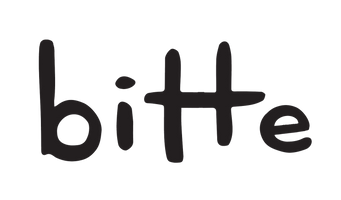About Kitpas
Kitpas has been making quality art materials for over 80 years, since their founding in 1937 as a manufacturer of dustless chalks. Their chalk products began as regular hard white chalks made from calcium carbonate and were the preferred brand for many schools and businesses. In 1967 they expanded their production and added a factory in Bibai-shi, Hokkaido. Bibai-shi, the “beautiful shell city,” actually had massive waste piles of scallop shells that were causing serious environmental issues. It seemed only natural to reduce, reuse and recycle this material. With the help of local government Kitpas developed a patented process to recycle these shell byproducts. The use of powdered shells had the additional benefit of making Kitpas Chalks stronger, smoother, and longer lasting! It’s no surprise that more than 60% of the chalks currently used by schools in Japan are Kitpas Chalks.
As they continued their product development, they explored ideas for an innovative material that works on surfaces like paper, glass, mirrors and whiteboards. In 2005 they introduced buttery smooth, truly multi-surface, vividly colored and water soluble Kitpas Art Crayons, which are also completely non-toxic and easy to clean up. They soon became both kids' and parents' favorite choice of crayons, winning Japan’s prestigious “Stationary of the Year Award” in 2009.
Today, Kitpas has evolved into Japan's leading manufacturer of innovative, eco-friendly art materials. They know you will love their products - and encourage you to let your creativity flow with Kitpas!
Kitpas is guided by the philosophy that everyone, regardless of ability can find happiness and satisfaction through their work. Since 1960 they have adapted their manufacturing methods and work environment so as to be safe for employees with different abilities. Currently 70% of their employees have intellectual disabilities. They all work together in a cooperative space where hourglasses replace clocks and measuring and testing devices have been designed specially for the needs of their employees.
They are committed to enhancing their customers’ creative experience while engaging in earth friendly manufacturing and empowering people with disabilities. Their goal is to have 100 employees with disabilities by the year 2030. They are happy to say they feel really good about what they're doing in the world!
